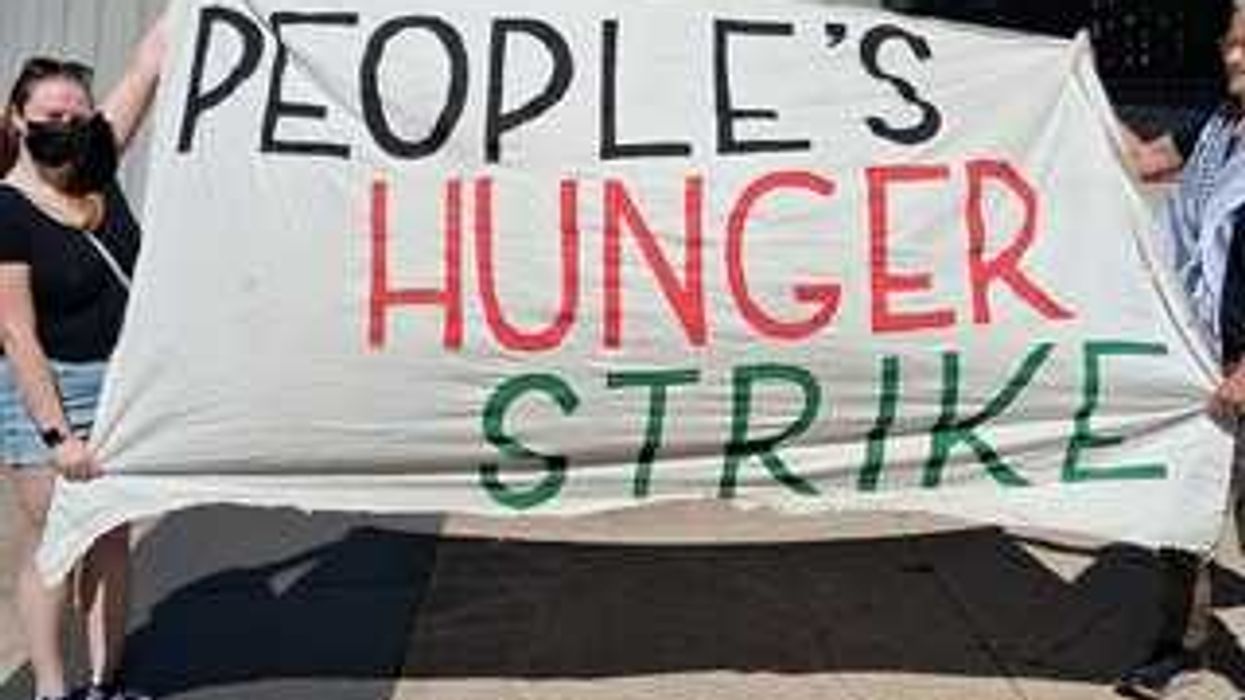United Nations experts and international human rights organizations have increasingly raised alarms, calling this horrific massacre what it is: a genocide. Gaza now lies beneath 68 million tons of rubble, roughly the weight of 186 Empire State Buildings—enough debris to spread 215 pounds over every square inch of Manhattan. Meanwhile, the United States continues to ship to Israel, and Canada, despite claiming to have imposed an arms embargo, continues to fuel the violence unabated, its factories producing fighter jet components, explosives, and munitions that move through US channels directly into the assault.
The latest Arms Embargo Now report documents hundreds of shipments of Canadian-made fighter jet components, explosives, and propellants flowing through US facilities to Israel. Shipping data, contract records, ports of exit, and delivery timelines confirm that Canadian military goods are directly sustaining Israel’s assault on Gaza. Between late 2023 and mid-2025, over 360 shipments of Canadian aircraft parts reached Lockheed Martin's F-35 assembly plant in Fort Worth, Texas. Analysis of commercially available shipping data revealed that at least 34 shipments were forwarded from US facilities directly to Israeli military bases and defense firms. Canadian explosives and propellants, including the M31A2 triple-base propellant and TNT, transshipped through the Port of Saguenay, Quebec, were routed through US munitions plants to produce bombs and artillery shells used in Gaza.
Why is Canada so determined to continue funneling weapons parts and ammunition to the US, unquestioningly, even as it allows itself to be used as an accessory to Israel’s genocide and deepens dependence on a country that has openly entertained annexing Canada?
The report further shows that many of these controlled military components were transported from Canada to the United States as cargo on commercial passenger flights, departing from major airports such as Toronto Pearson and Montréal-Trudeau. These components support both new aircraft production and ongoing maintenance, keeping Israeli F-35s operational during the Gaza assault, while the use of civilian airlines blurs the line between ordinary passenger travel and an active military supply chain. Every shipment appears to flow through a calculated, politically engineered pipeline fueling war.
This evidence exposes a stark truth: Public assurances by Canadian officials are incompatible with reality. Former Foreign Affairs Minister Mélanie Joly promised that Canada would not allow “any form of arms or parts of arms” to reach Gaza, directly or indirectly. Her successor, Anita Anand, repeated similar commitments. Yet the shipments continue. Canada has not stopped sending arms; it has simply outsourced accountability.
The government’s defense relies on the so-called US Loophole: Military exports to the United States are exempt from Canada’s permit requirements and human rights assessments. Once in US hands, Canada claims no responsibility for where the arms go next. However, international law does not vanish because weapons cross a border. The Arms Trade Treaty prohibits authorizing transfers when there is a substantial risk of facilitating serious violations of humanitarian law. Knowledge, foreseeability, and contribution still matter.
The pattern of misrepresentation is clear. From December 2023 to January 2024, officials, including former Prime Minister Justin Trudeau and GAC Assistant Deputy Minister Alexandre Lévêque, claimed no arms exports or permits had been issued to Israel, a statement contradicted by nearly $30 million in new export permits. Early 2024 saw a pivot to “non-lethal” exports, with night-vision goggles and protective gear cited to obscure lethal shipments of bomb accessories and explosives. Parliamentary motions and public statements claiming a halt to arms exports were largely symbolic, leaving the vast majority of existing permits intact.
By 2024-2025, claims that exports were restricted to “defensive” uses, such as the Iron Dome, or would not reach Gaza, were impossible to verify and did not prevent Canadian-made components from being incorporated into Israeli munitions. The government’s narrative meandered endlessly, offering Kafkaesque explanations that dissolved accountability into legalistic semantics.
If Canada were truly innocent, it would have promptly and publicly refuted the findings of the Arms Embargo Now report. Instead, it has responded with silence. Even after Member of Parliament Jenny Kwan introduced Bill C-233 in September 2025 to close the US loophole and impose meaningful parliamentary oversight on arms exports, the bill has been left to languish untouched. This legislation offers a straightforward safeguard to prevent Canadian weapons and components from being routed through the United States to fuel conflicts abroad, yet the government refuses to move.
If this were merely bureaucratic oversight, and if sending arms indirectly to Israel were not the objective, why has there been no momentum on a measure so clearly aligned with transparency and human rights? Why is Canada so determined to continue funneling weapons parts and ammunition to the US, unquestioningly, even as it allows itself to be used as an accessory to Israel’s genocide and deepens dependence on a country that has openly entertained annexing Canada? And why do weapon components and ammunition continue to flow even as Canadian representatives and humanitarian delegates are barred from entering the occupied West Bank, prevented from witnessing conditions on the ground themselves?
At this point, one can only wonder how much longer Canada’s moral facade can plausibly endure. As Aldous Huxley once observed, “The greatest triumphs of propaganda have been accomplished, not by doing something, but by refraining from doing.” This appears to be the goal here. The government has offered no coherent defense, only theatrical explanations in which responsibility dissolves into process and legality is reduced to paperwork. There is no counterstrategy, no rebuttal, and no attempt at persuasion. There is only silence, complexity, and delay.
Perhaps the unspoken calculation is that this response will be enough. After all, when public schools report alarming declines in reading and comprehension skills, critical engagement becomes harder to sustain. If citizens struggle to parse policy documents or follow supply-chain evidence, denial need not be convincing; it merely needs to be exhausting. In such an environment, ignorance becomes not a failure of governance, but a quiet line of defense.
In light of all this, recognition of the State of Palestine now reads like a scripted apology: Yes, we see your suffering, we hear your cries, but don’t worry, we’ll keep arming your oppressor through the US. Meanwhile, Canadian factories quietly churn out fighter jet parts, explosives, and munitions that fuel Israel’s assault on Gaza. As Joseph Heller observed in Catch-22, “The enemy is anybody who’s going to get you killed, no matter which side he’s on.” It is a brutal reminder that, regardless of what the government says, Canada’s military industry has reduced Palestinian lives in Gaza to expendable instruments, sacrificed to preserve contracts, alliances, and profit. Words without action are meaningless; they are a costume of virtue, while the violence continues unabated.
Canada’s reputation cannot survive on statements alone. It rests on the belief that credible evidence of mass harm would prompt action. That belief no longer holds. The facts are documented. The loopholes are exposed. The silence is deliberate.
History will not remember Canada for its statements or parliamentary motions. It will remember the arms it allowed to flow, the civilians killed with its components, and the moral compromise it has embraced. Canada’s rhetoric of principle is a veneer, one that is cracking as a majority of Canadians now demand recognition of Israel’s genocide in Gaza. Behind this veneer lies complicity, deliberate and undeniable.




